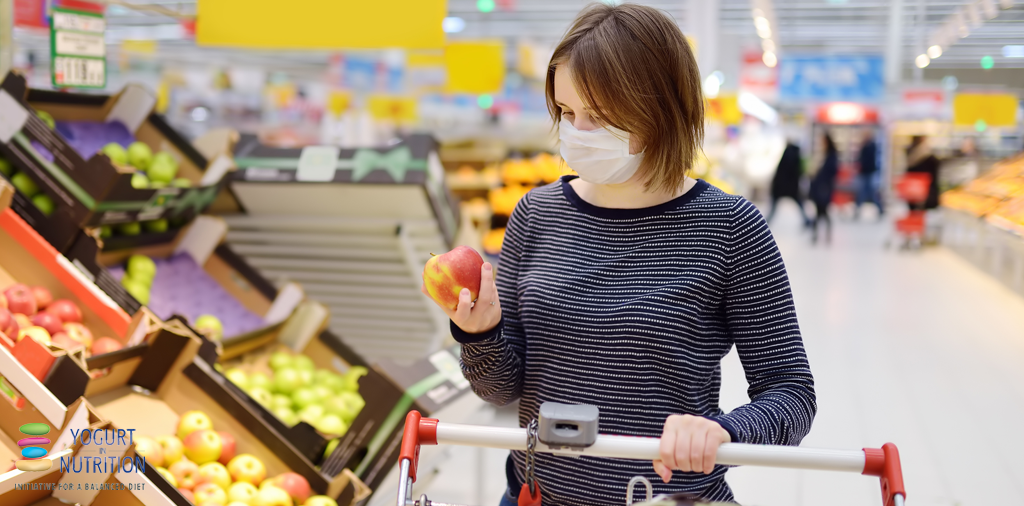IN A NUTSHELL: The current global outbreak of Coronavirus (COVID-19) has disrupted food systems around the world. In a recent publication, the United Nations System Standing Committee on Nutrition (UNSCN) explains how food environments are rapidly changing in this context. It provides specific examples of positive policy actions to mitigate changes and improve food environments and nutrition during the COVID-19 Pandemic.
ABSTRACT
The current global pandemic of Coronavirus (COVID-19), and measures taken to reduce its spread, have disrupted food environments around the world. Never has a larger spotlight been placed on the ways people meet the food systems for getting the nutrition they, and their family need. Disarrangements in day-to-day food supply mechanisms and disturbances in various components of food systems are increasingly felt on an individual level.
As the pandemic spreads the interaction between people and the food system is changing at an unimaginable speed and taking on greater importance in everyday life. With strict rules placed on people’s personal movement to limit the spread of COVID-19, shopping for food is one of the only points of contact with what people knew as normal life. Even so, supermarkets, grocers and markets have become a confronting barometer of the scale of the pandemic. Social distancing measures are implemented, marketplaces are shut down, vendors are banned from selling, limits are imposed on the number of shoppers, long queues are encountered at points of food purchase and empty shelves serve as a sign of the coping mechanism many are adopting.
Unhealthy diets are the leading cause of ill-health. Without dedicated action on nutrition, all forms of malnutrition are likely to increase as a result of the pandemic’s impact on food environments.
Many governments at all levels, as well as civil society organizations and the private sector, are already applying positive policy actions to protect food environments. The objective is to try and adapt to unavoidable changes and support sustainable healthy diets for all.
The current COVID-19 generated food environment disruption poses a huge global challenge, but also an opportunity. Mitigating its consequences with collaborative solutions, solidarity and reinforcement of local food systems, may open up and lead the way towards a sustainable transformation to resilient and sustainable food systems with healthy nutrition at their core. FBDG form a useful tool to guide this transformation. People are searching for direction and reassurances in their food environments that realize the right to food for every man, woman and child. Now is the time to demonstrate the need for, and the power and possibility of sustainable healthy diets. (…)
Source: United Nations System Standing Committee on Nutrition, “RECENT NEWS Food Environments in the COVID-19 Pandemic Impacts and positive policy actions to deliver sustainable healthy diets for all”, 2020
TO GO FURTHER, WE MAY HAVE SOME DOCUMENTS FOR YOU:



